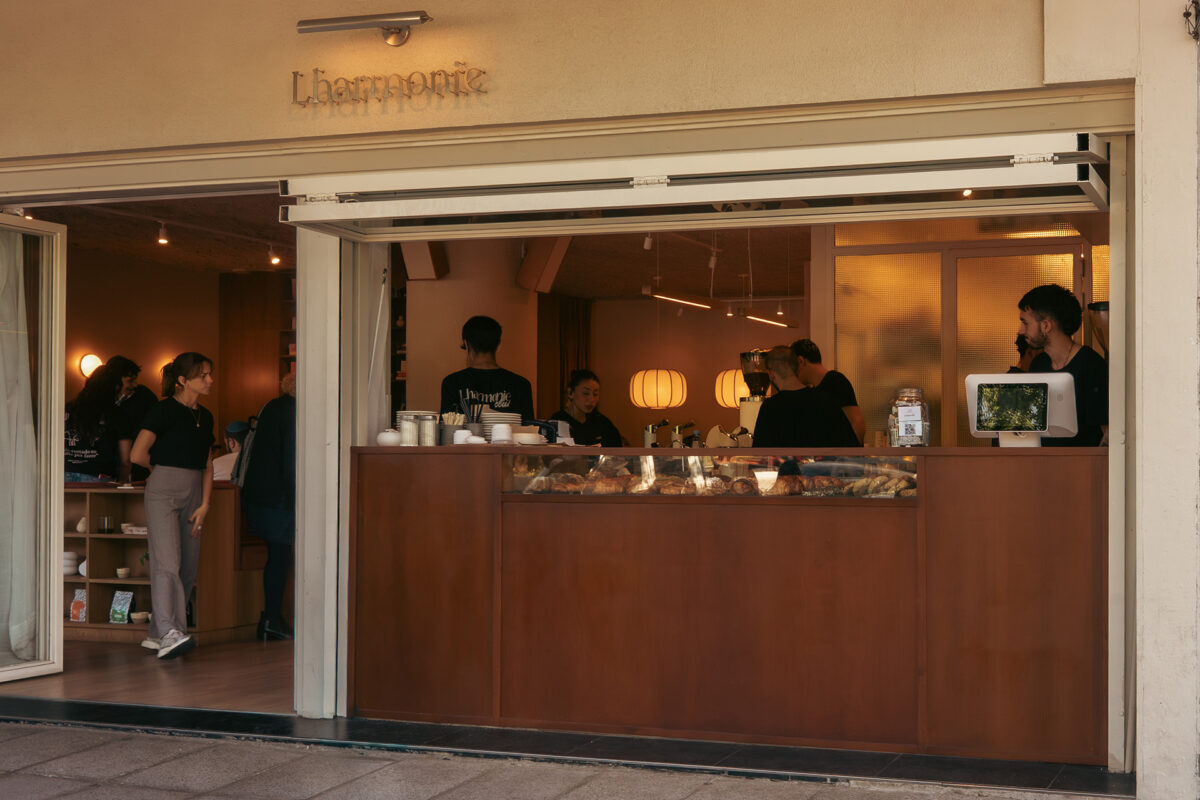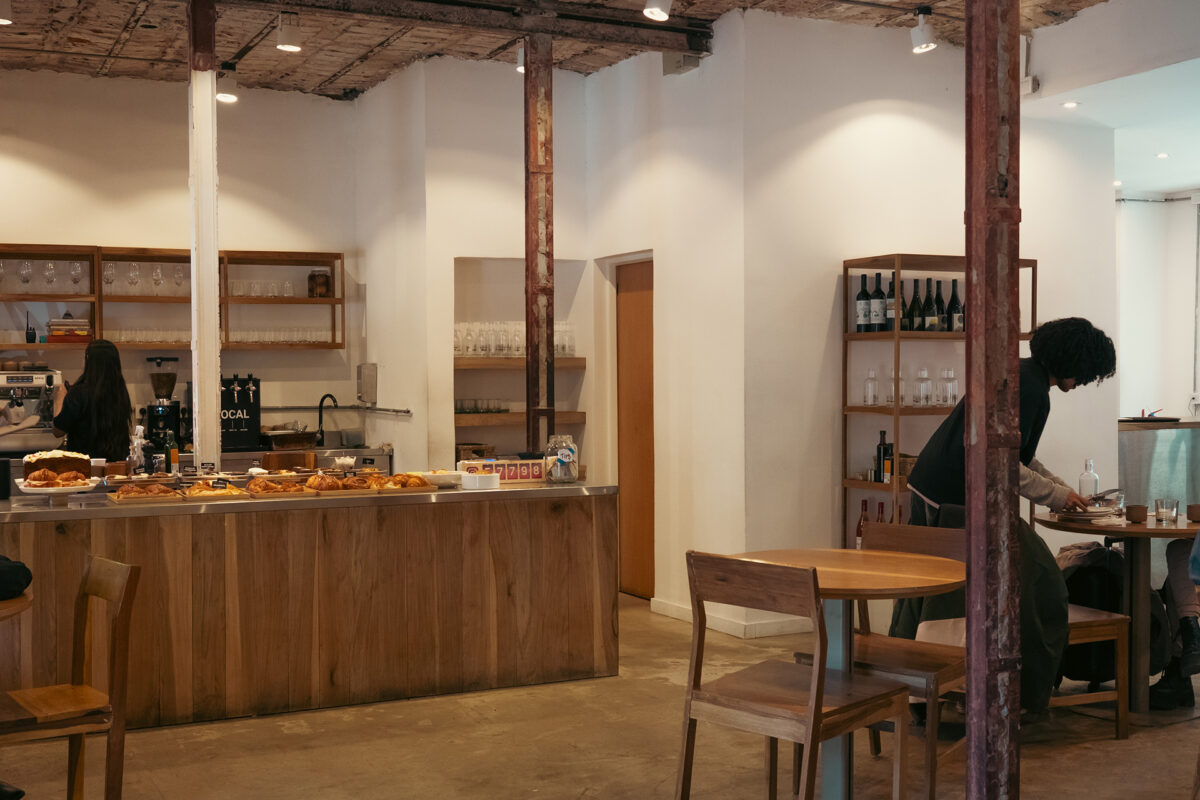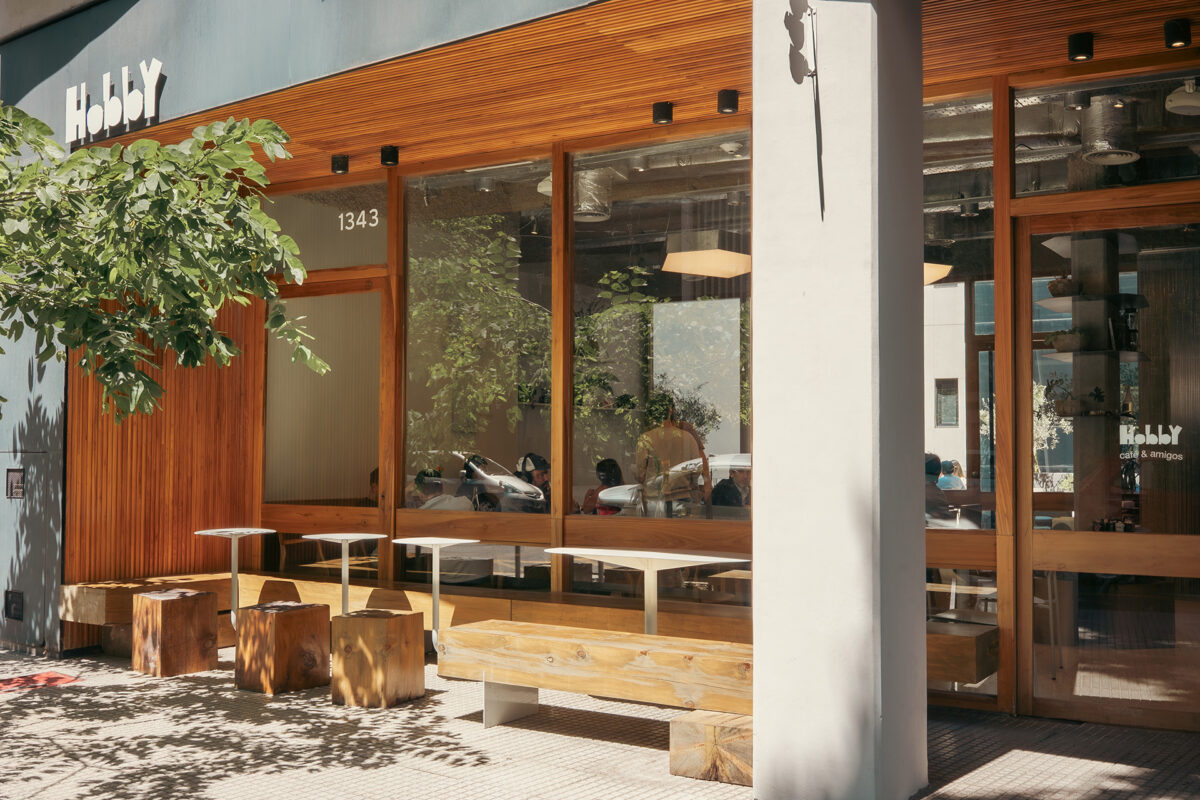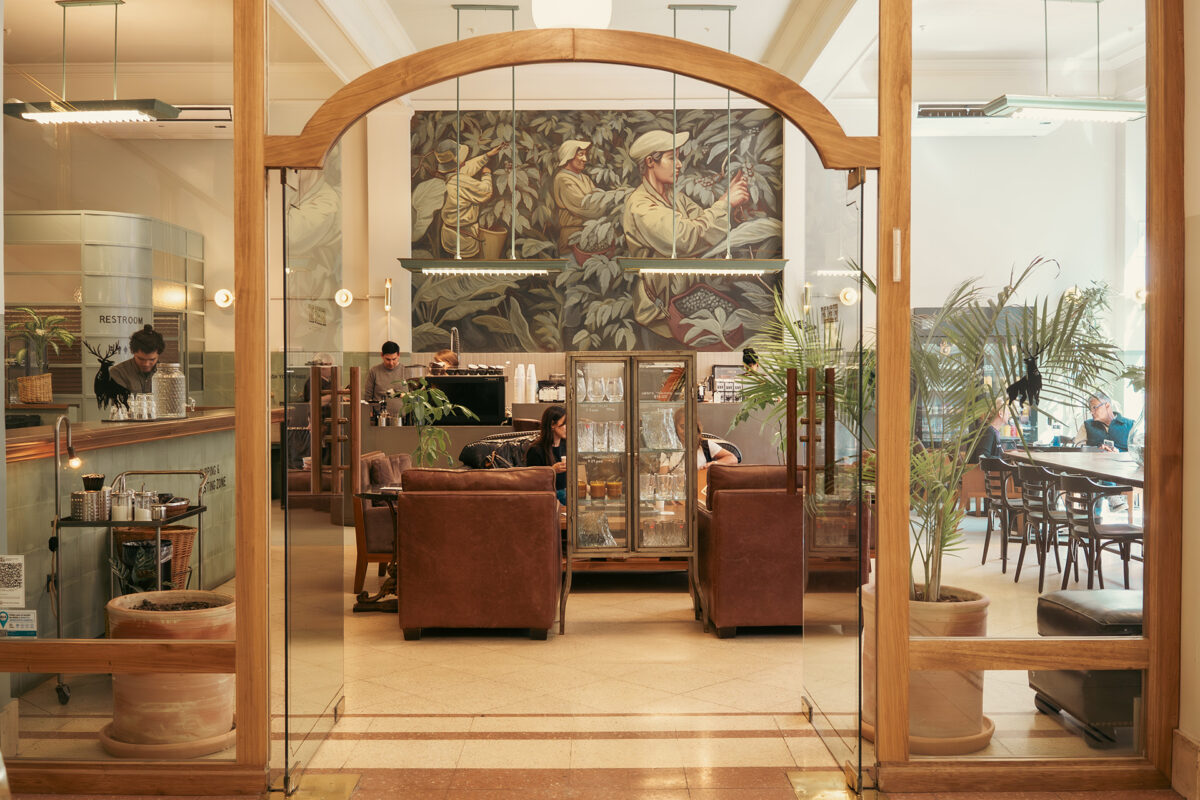It’s a bright morning in Buenos Aires, Argentina. The air is filled with the smell of freshly ground coffee. Behind the counter, the grinder hums and steam rises from the coffee machine. Here, coffee has been part of the culture for as long as anyone can remember. Porteños – people born in the city of Buenos Aires – used to drink “cortado” and “café con leche”, extremely peppery, bitter, loaded with sugar or sweetener. Some people still do it; it reminds them of simpler times. But a modern generation has come to shake up elderly habits and redefine the meaning of coffee in this city.
In recent years, a modern wave of baristas, chefs and bartenders have raised the bar on what to expect when dining out. Then Michelin stars appeared and Buenos Aires took on a modern identity as an international culinary destination. Now neighborhoods like Palermo, Villa Crespo, Chacarita and Colegiales are home to some of the best cafes you’ll find. Skilled baristas, local coffee roasters and a design-obsessed crowd color the scene. What started as a still niche has evolved into a cultural movement.
As the locals say –Let’s go for coffee– let’s go for coffee. There are over 300 cafes in Buenos Aires. Here are eight places you can start.
Studio Blanca
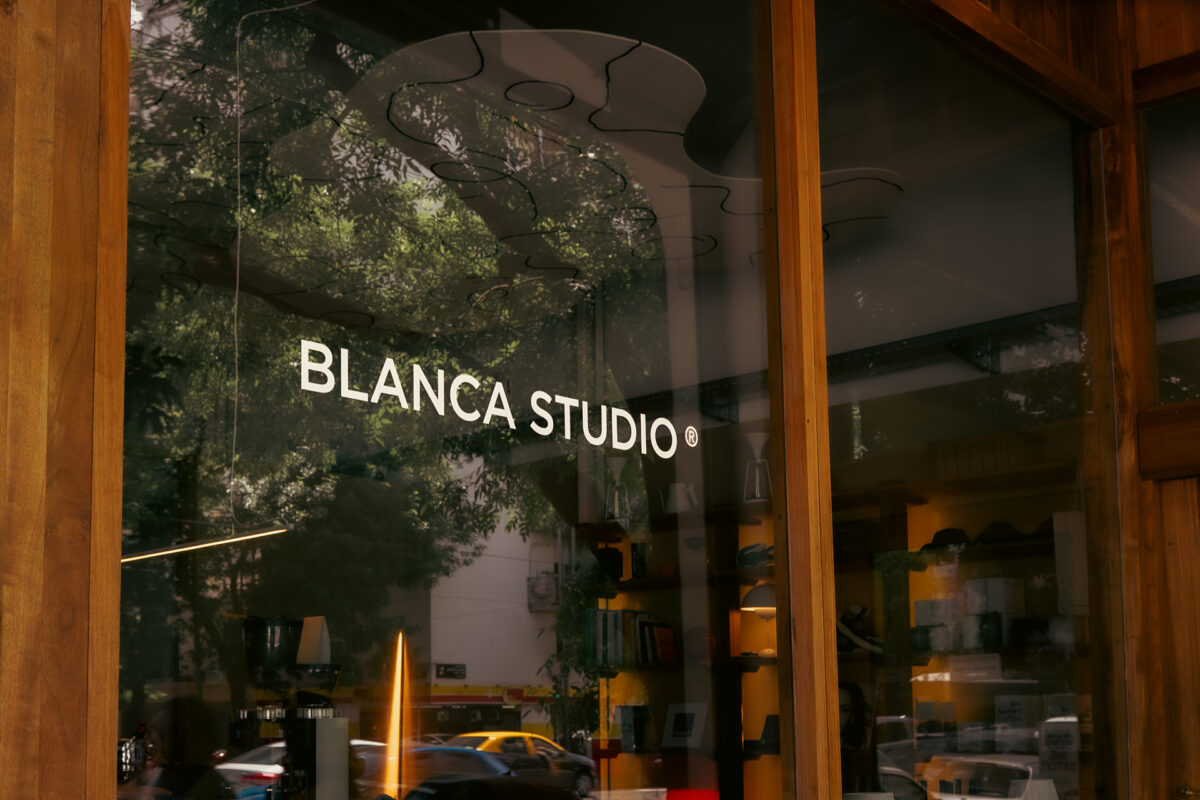
After a decade of running Louis and Lewiscandle factory, Juan Riesgo and Carolina Shalum decided to explore a modern path. Combining their passion for interior design and gastronomy, they opened Blankawith particular emphasis on product quality. In addition to their three established locations, they have introduced Blanca Studio, which is dedicated to hand-brewing coffee and the art of slowing down. It’s a tiny, intimate, exclusive space that stands out. Customers ring to enter and the utilize of laptops is prohibited, creating a focused environment where coffee and design are paramount.
The petiribi wood interior, bathed in sultry tones, creates a cozy and inviting atmosphere – perfect for coming alone or in a tiny group, enjoying a carefully crafted coffee and listening to the vinyl spinning in the background.
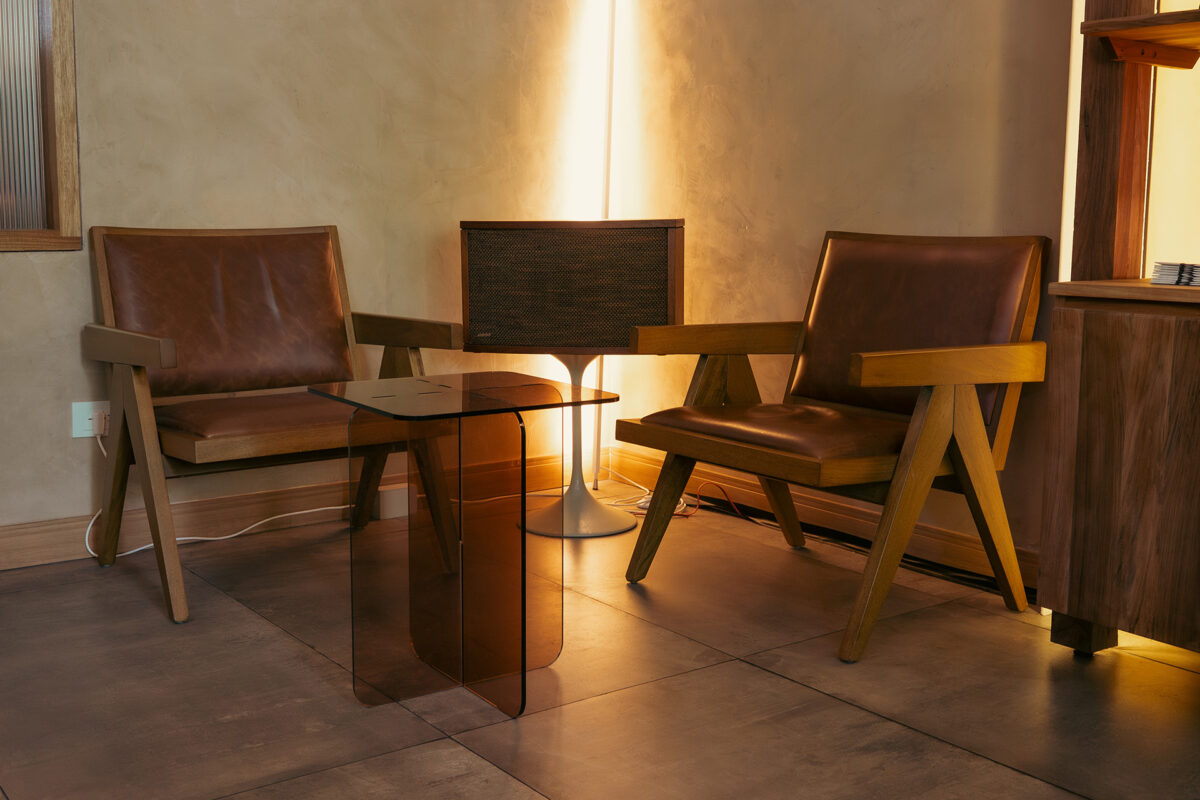
The baristas are truly engaged, guiding guests through the nuances of each coffee. Their attention and knowledge make each cup personal and unforgettable. Equipped with Disgusting undercounter system, Blanca Studio roasts its own coffee; on a recent visit, I tasted Pink Bourbon from the Pitalito region of Colombia, with a lively sweetness and notes of obscure chocolate, papaya and pineapple.
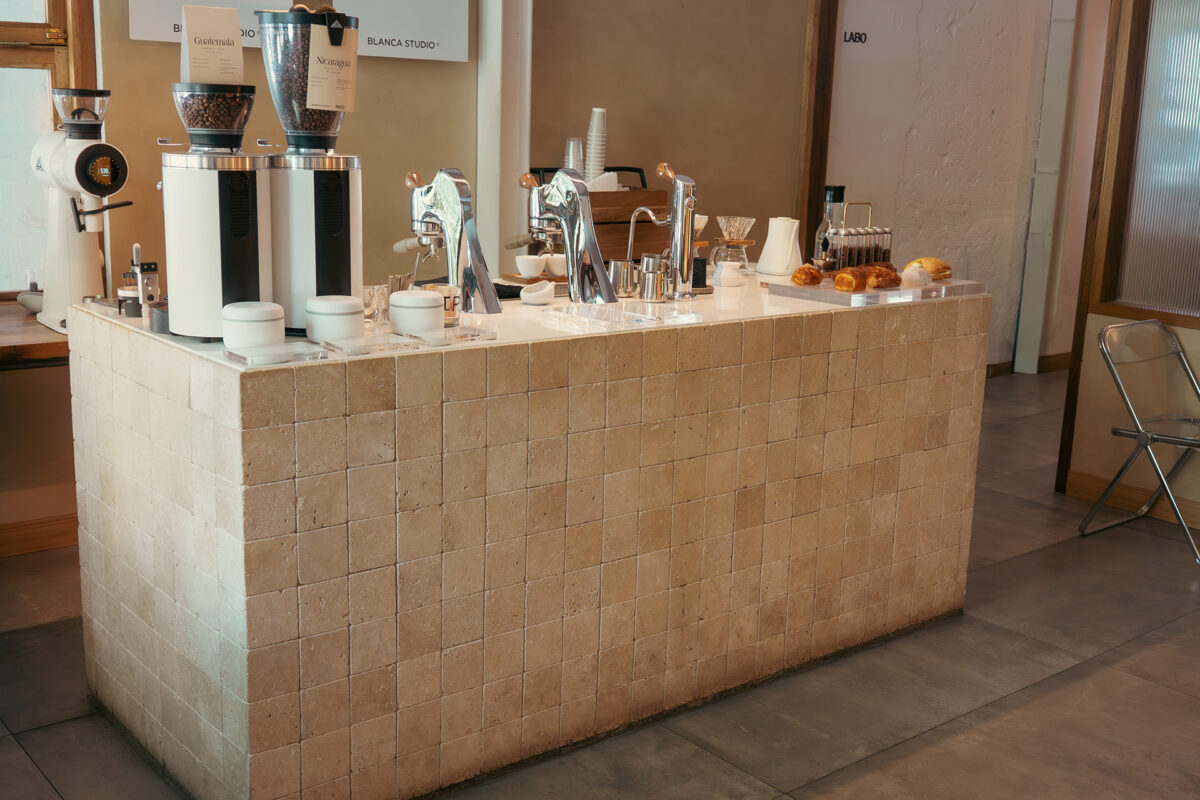
Anafe window
Chef Mica Najmanovich and Nico Arcucci are the duo behind this café, which is an offshoot of the popular restaurant called They died. At La Ventana de Anafe, a full menu of breakfast, brunch and lunch is accompanied by intentionally mismatched chairs and a cozy atmosphere, with earnest coffee taking center stage.
The coffee served here is according to: Fire toastersa local roastery that enjoys a good reputation throughout Buenos Aires. This season’s sweet Brazilian blend contains notes of almonds and chocolate – it goes perfectly with one of the iconic medialuna, considered one of the best in the city. The one with quince paste and confectionery cream is definitely a must.
Lharmonia
The original was opened by Melanie Jafif and Martin Masri Lharmonia in 2021, and the company currently has four locations, including the newest one on the charming Avenida del Libertador.
Coffee comes from Cuerva— this is another gem on the list — but fresh patties, which can be found in selected cafes and restaurants in other parts of the city, are equally popular. Get the almond croissant as well as the pistachio babka, both have a huge following here.
Exceptional service is the main focus of Lharmonie, which blends beautifully with the café’s cozy ambiance and casual atmosphere that invites you to linger.
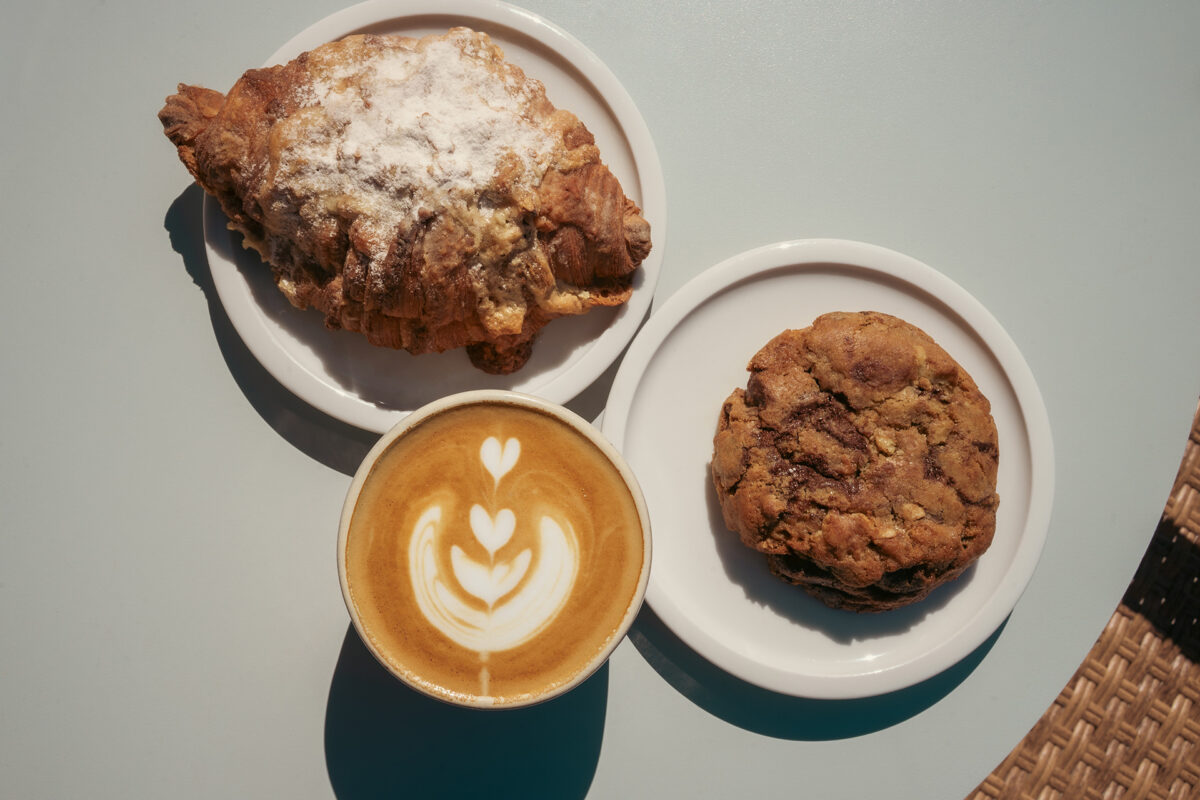
Cuerva
One of the pioneers of specialty coffee in Buenos Aires, Cuerva is the work of founders (and musicians) Pablo Tokatlian and Agustin Caro. It should come as no surprise that music plays a major role at Cuervo, with the owners selecting each playlist based on their own experience. Regulars here often come into contact with art, which makes the café both a cultural center and a place for serving coffee.
Today, Cuervo has six locations across the city and has become a sought-after wholesale coffee roaster for other coffee shops. In Belgrano, they turned an elderly house into a cozy and genial place where they serve homemade ice cream with cones and capelin made on site, adding an artisanal charm.
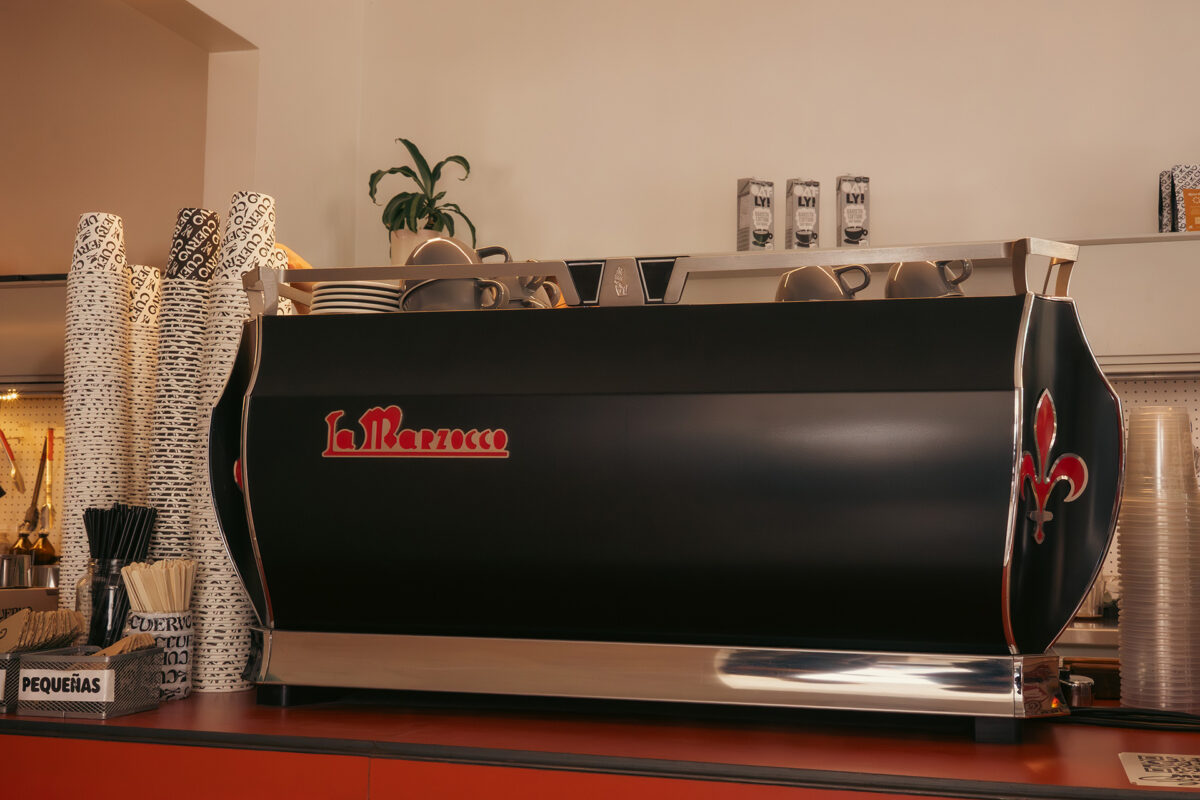
From the beginning, Tokatlian and Caro have remained true to their original vision – exceptional coffee and cozy spaces that encourage guests to pull up chairs, sit comfortably, bring their laptop and soak up the atmosphere. Cuervo remains a reference in the city’s coffee scene, combining quality, creativity and a sense of community in every cup.
Block
Rother and sister Rodrigo Gutierrez, this place defines itself as an eclectic bakery: a space that combines artisan baked goods, specialty coffee and restaurant-style dishes. Country loaves, buckwheat bread, baguettes and whole grain sandwiches come out of the ovens, all made from organic flour and natural leaven. Everything is baked fresh daily and completely homemade, also supplying several other cafes and restaurants across the city.
The coffee is roasted by Fuego Tostadores, and the mini-chain of bakeries and cafes currently has three locations across Buenos Aires – in Núñez, San Isidro and Palermo – each with its own charm. The facility in Palermo also serves as a restaurant, hidden in a bright, plant-filled avenue, bustling with energy, with long communal tables. The food menu here is really gigantic, with great burgers, fresh salads and perfectly grilled rib eye steak.

After three successful locations in Buenos Aires, they took the idea abroad – opening a fourth location in Madrid, where their beloved medialuna shares the glory of a creamy Basque-style cheesecake that has already gained a devoted following.
Hobby
Hobby was founded by childhood friends Lele Garbulsky and Matias Buk, as a nod to their shared passion for coffee and gastronomy, which they turned into a full-time venture.
Inspired by Japanese philosophy wabi-sabifinding beauty in imperfection and the passage of time, they opened their first location in Chacarita, then a second one in Palermo, on the ground floor of a boutique hotel. Here, every element – from the tables and chairs to the lighting – was designed and made by local craftsmen. The space seems contemporary and minimalist, and at the same time sultry and human. A place to stop and connect, as their motto says: “Coffee and Friends.”
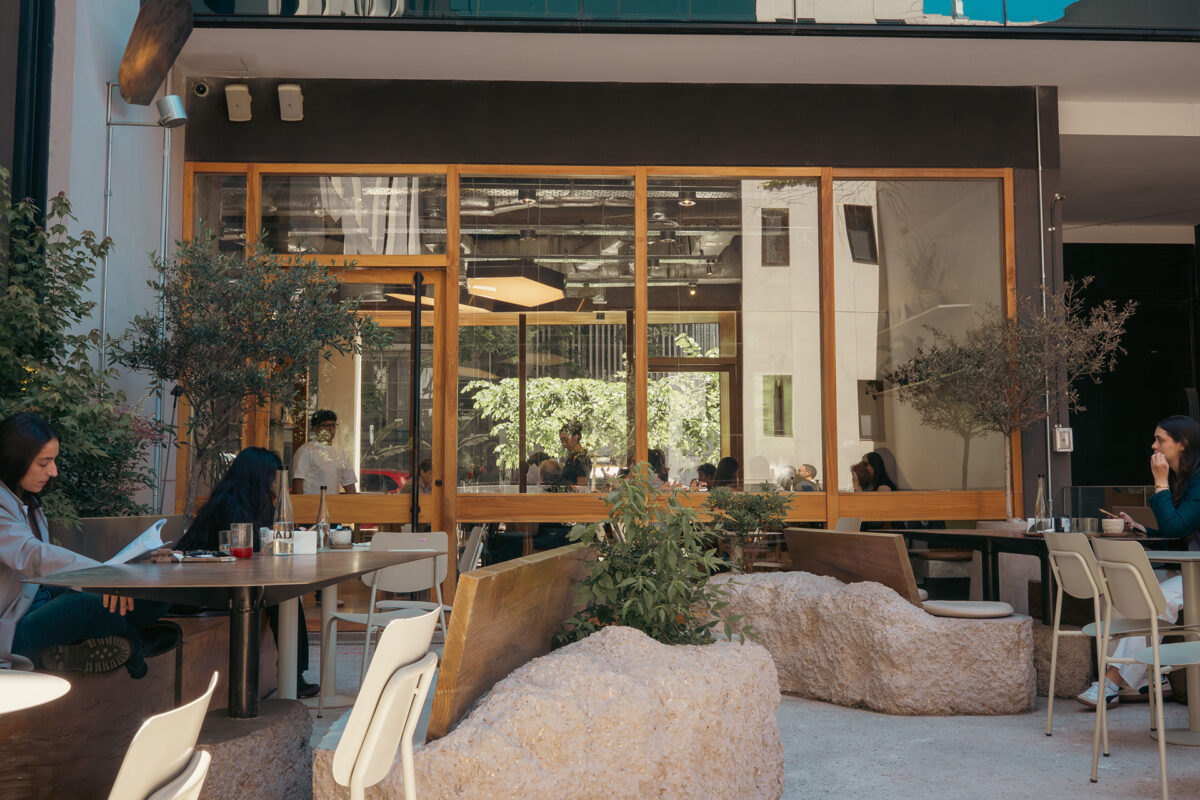
Coffee here is earnest business, but never intimidating. Modbar setup in conjunction with to Mahlkön grinders makes every interaction open and personal. Beans come from them Porto Błotone of Argentina’s leading roasteries, ensuring that each cup reflects both quality and intention. The long bar is divided into espresso and hand-brew stations, a space built for both connection and efficiency.
Our coffee
Architect and set designer Fernando Iglesias Molli first discovered specialty coffee during a business trip to Oslo. Inspired, he returned to Buenos Aires with a vision of recreating the Nordic sensibility, one cup at a time. He then transformed his home garage in the Nuñez neighborhood into a minimalist coffee window, a sort of framed view of craftsmanship and connection. In 2017 OSS coffee a company serving coffee through one opening to guests gathered on poorly matched chairs along the sidewalk was born.
From the very beginning, Iglesias Molli placed great emphasis on product traceability and quality. ÖSS sources its beans from Puerto Blest and hosts regular classes and tastings to share knowledge with the growing community.
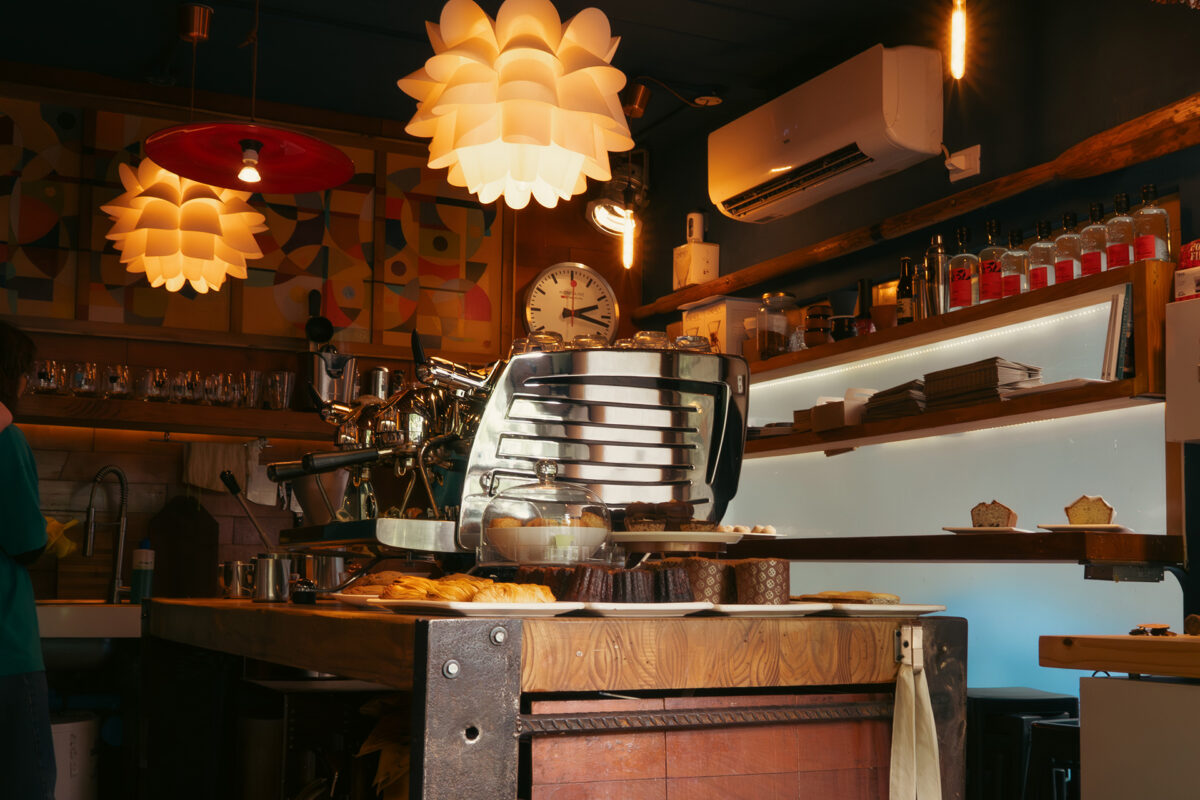
Currently, ÖSS Kaffe has four locations in Buenos Aires, one in Montevideo, another in Barcelona and another in Madrid. Each café is unique, but they all share a common thread – a space where art, design and coffee culture converge, turning each visit into an act of discovery and connection.
Refuge Coffee
Refuge Coffee was opened in 2015 by Jaime Chmea and helped introduce modern standards of coffee quality and care in Buenos Aires. “We look for perfection in every cup,” we read on one of the walls. “We bake,” says another, a still nod to their commitment to perfection in every detail.
Reminiscent of a London pub, Shelter Coffee offers a relaxed, down-to-earth atmosphere at all of its locations. Leather couches, brass stools and gentle lighting encourage guests to stop and take a moment. The menu focuses where it matters most – coffee – paired with cakes and alfajores filled with dulce de leche. Basic, forthright and done well.
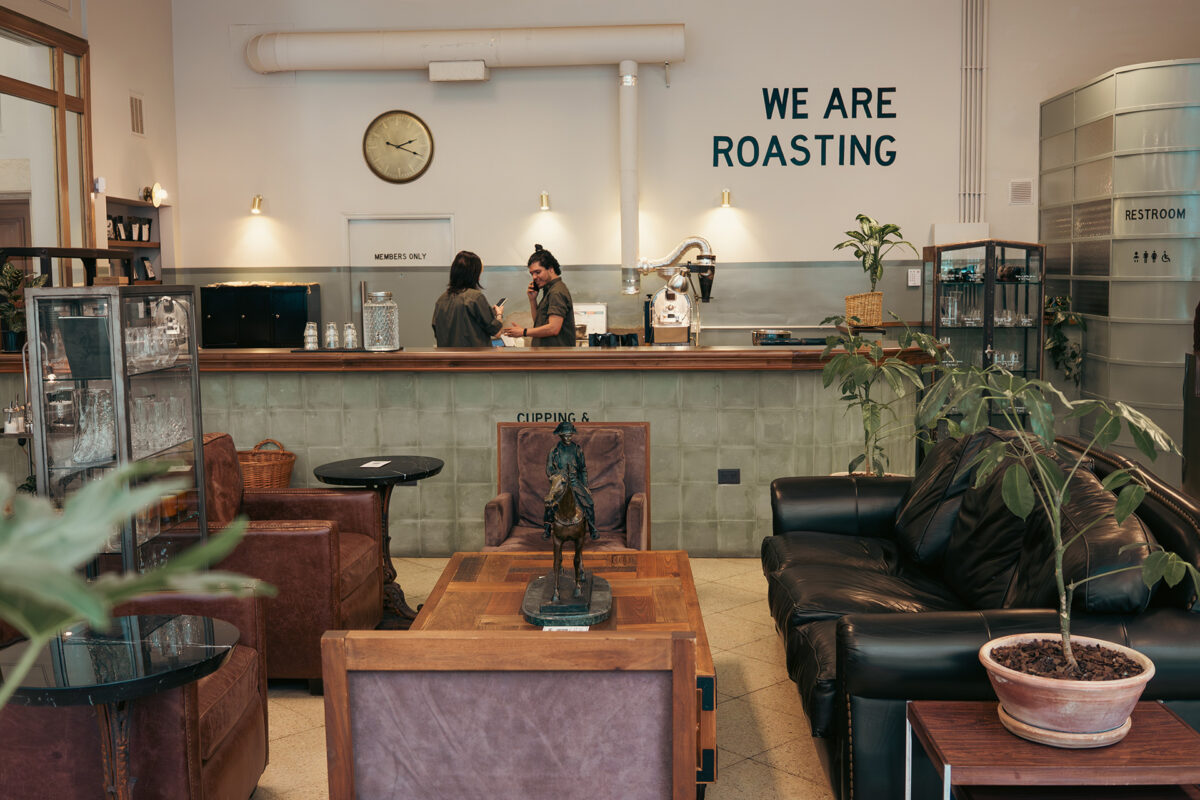
Shelter currently has four locations across the city. The highlight is located on Uriburu Street, in the cluttered Balvanera district. It’s a real hideaway from the endless traffic and constant noise of the neighborhood outside – a ample place with its own roastery and a warmth that makes you want to stop for another cup of coffee.


